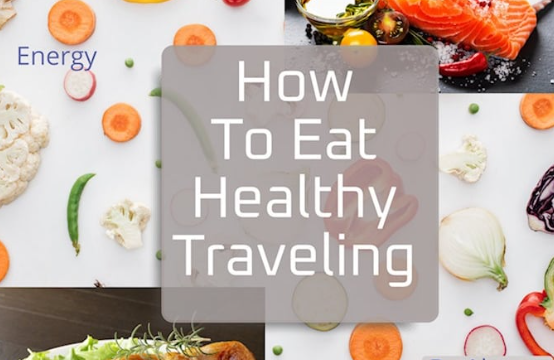As more people seek cleaner, more sustainable ways to eat, two dietary trends are rising to the top: plant-based and organic. While either can offer benefits on its own, combining them may be the key to a lifestyle that supports your health, the planet, and mindful consumption. Here’s a closer look at why plant-based and organic make a perfect pair—presented in a helpful, balanced, and AdSense-compliant way.
What Does It Mean to Be Plant-Based and Organic?
- Plant-Based: Emphasizes foods that come from plants—vegetables, fruits, grains, legumes, nuts, and seeds—with minimal to no animal products.
- Organic: Refers to how food is grown or raised, focusing on natural farming methods without synthetic pesticides, herbicides, or genetically modified organisms (GMOs).
Together, this approach combines nutrition and sustainability with cleaner food sourcing.
Why This Combo Works So Well
1. Nutrient Density
Plant-based diets are rich in fiber, antioxidants, vitamins, and minerals. Choosing organic versions may further enhance nutrient quality while reducing chemical exposure.
2. Reduced Chemical Intake
Organic produce avoids synthetic pesticides and fertilizers. Since plant-based diets rely heavily on produce, choosing organic when possible lowers your overall intake of these substances.
3. Sustainability
Both plant-based and organic systems aim to reduce environmental impact. Together, they promote:
- Lower greenhouse gas emissions
- Less water usage
- Healthier soil and ecosystems
4. Ethical Considerations
Eating plant-based reduces reliance on animal agriculture, while organic farming often includes higher standards for animal welfare when animal products are involved. Combined, they reflect a commitment to ethical food choices.
5. Gut and Immune Health
A diet rich in organic, fiber-filled plant foods can support gut diversity and immune function. Whole, unprocessed plant-based foods help reduce inflammation and support overall wellness.
How to Eat Plant-Based and Organic on a Budget
- Prioritize the Dirty Dozen: Buy organic versions of produce most likely to carry pesticide residue.
- Buy in Bulk: Organic grains, beans, and seeds are often cheaper when purchased in bulk.
- Shop Seasonally and Locally: In-season produce is fresher and often more affordable.
- Cook at Home: Homemade meals using whole ingredients are more cost-effective than packaged alternatives.
- Plan Your Meals: Reduces food waste and makes shopping more efficient.
Sample Grocery List
- Organic lentils and chickpeas
- Organic brown rice or quinoa
- Seasonal organic fruits (e.g., apples, berries)
- Leafy greens like kale, spinach, or arugula
- Organic tofu or tempeh
- Organic nuts and seeds
- Plant-based milk with organic certification
Final Thoughts
Choosing a plant-based and organic lifestyle is a powerful way to care for your health, support sustainable agriculture, and make more conscious food choices. With the right planning, this combination can be affordable, satisfying, and incredibly rewarding—making it a smart and meaningful approach to modern eating.






